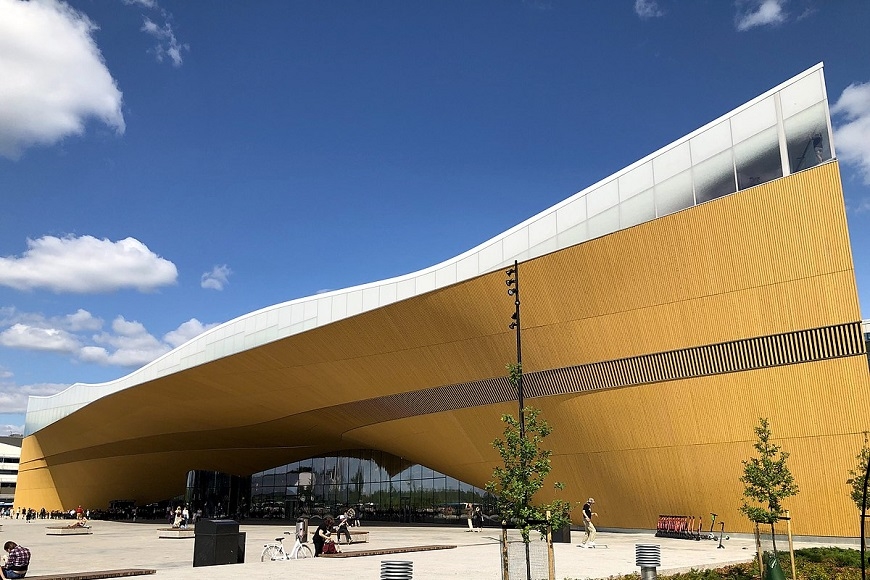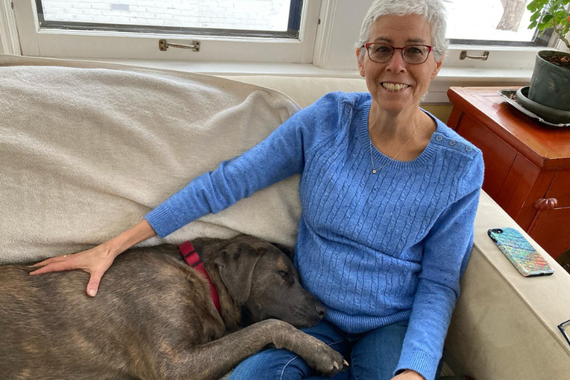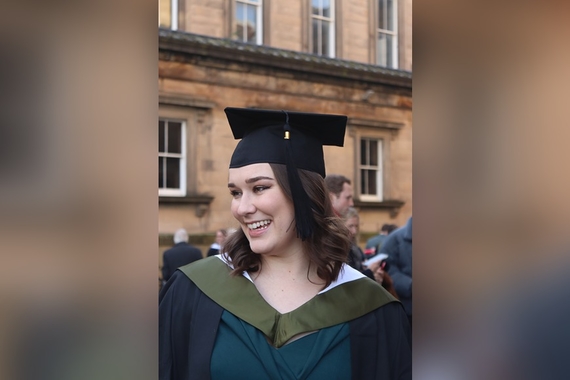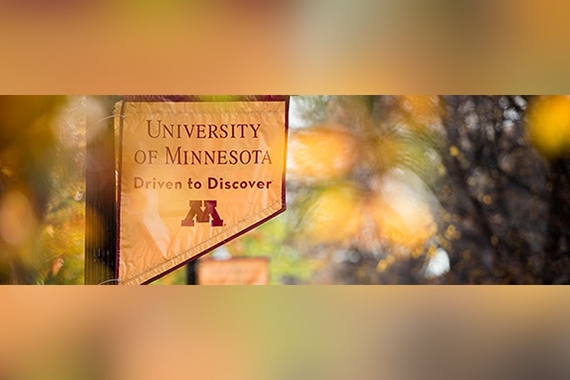Educators Explore Finnish Innovations to Close US Achievement Gap
It is no secret that the United States struggles with an achievement gap in education, where some students are inherently set up for success while others are set up for failure. The University of Minnesota defines the achievement gap as “[a difference] in academic test scores and high school graduation rates between white students and students of color.” Often, these differences continue forward into life for marginalized students and affect college enrollment, collegiate success, available career opportunities, and other factors.
The University of Minnesota has dedicated itself to achieving educational equity for students of all ages and backgrounds by employing experts committed to developing ideas to close the gap and increase educational equity. One of those devoted staff members is Deborah Jane, outreach coordinator for the Institute for Global Studies.
Interruption, Innovation, and Inclusion
Jane has been deeply interested in the equity of student success and education since the start of her career and has worked towards expanding educational equity because she believes that “everyone is responsible for student success.” For the past two years, she has been specifically interested in Finland’s education system, which has one of the smallest achievement gaps in the world, and how the US might follow Finland’s example to increase educational equity. She wanted to create a study tour in Finland for Minnesota educators to observe the Finnish education system.
The program that Jane created is called Interruption, Innovation, and Inclusion: Reducing Inequalities and Expanding Access Through Global Education, and it centers on the idea of “creating a knowledge community.” This means creating a collaborative community with people who want to actively participate and discuss the issue from all viewpoints. Jane says the whole purpose, and her personal goal, of this seminar is “to take teachers and educators… there, and then to come back and really work on action steps to change something in their education communities” so that equity for all students flourishes.
Collaborative Creation
Although Jane was the original source for this idea, she is also the first to say that the creation of this program was a collaborative process. Jane’s main partner in developing this program was Maddy Wegner, the director of engagement at the National Youth Leadership Council, a national nonprofit that promotes service-learning in schools and communities across the United States. Together, they developed the initial structure of the program and decided who they needed to contact to make this program feasible.
This led Jane to connect with the participants of the Government of Finland/David and Nancy Speer Visiting (GOF/DANS) Professorship housed in the College of Liberal Arts. The GOF/DANS Professorship allows professors from Finland to come to Minnesota to teach, create networks, and conduct research. Jane contacted past GOF/DANS professors, and they helped structure some of the activities for the study tour.
In addition, Jane says that she wanted “to put together a program with the participants co-creating it as much as possible.” This means educators participating in the program were able to give input on what they wanted to see, where they wanted to go, what books they wanted to read, and more. They also helped create different reflection and processing activities that became central aspects of the program.
Support from the University
Jane, Wegner, and all the participants were central in structuring this study tour to Finland, but that was only part of the creation process. The program was only feasible with financial support from the University.
At the same time that Jane was first thinking about a study tour to Finland, the pilot residency program with the Liberal Arts Engagement Hub was being created. The Hub is a space intended to deepen community engagement with the College of Liberal Arts. Although the Hub’s permanent space won’t be completed until fall 2021, in April 2019 the College put out a call for proposals from University faculty that would be centered on engagement and funded by Title VI grants through the University of Minnesota.
Jane submitted a proposal for her program and was notified in December 2019 that she was one of the five recipients of the Title VI grants, which gave her the financial support to make this program possible.
The Experience
Originally, this seminar was planned to be an in-person study tour of Finland’s educational system; however, due to COVID-19 travel restrictions, the tour was canceled. Nevertheless, Jane and a number of the original participants were able to connect with a few of Jane’s contacts in Finland who agreed to host virtual information sessions.
Specialist Sari Miettinen of the University of Turku, professor Jarmo Suominen of Aalto University, and professor Matti Jutila of the Non-Discrimination Ombudsman Office in Finland held sessions focused on futures guidance within education, Finland’s School as Service model, and the importance of actively promoting equality in schools.
Even though the sessions were conducted virtually, Jane believes it was “totally a worthwhile experience” because they were still able to obtain fundamental ideas, and she hopes that participants “can use some of the information to make a difference in their schools.”
For her, these sessions “expanded the word innovative” and drew attention to processes advancing education. She also saw that learning about what Finland has been able to do has “seed[ed] hope for the teachers” that something can be done to increase educational equity and that success can become a reality for all students. To expand on this seminar, Jane is currently planning an online book club workshop for educators focused on this topic, and she hopes to plan another visit to Finland in the future to fully experience their educational innovations.
While the experience did not play out as originally intended, Jane does not believe her goal was completely lost. She admits that, although it is more difficult to make changes without directly seeing them in action, certain measures can still be taken. She is “still trying to work with people...trying to encourage them to come up with a way to change something in their schools.” She is not giving up because life became complicated. Her goals reach beyond the seminar, and she is hopeful for what is possible in the future.
This story was written by an undergraduate student in Backpack.



